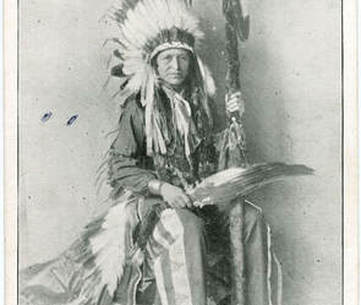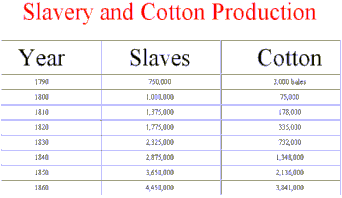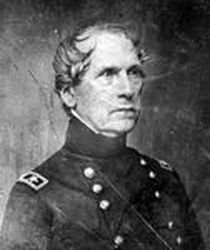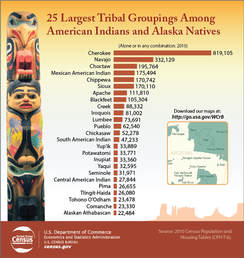Impact
|
“True, the white man brought great change. But the varied fruits of his civilization, though highly... inviting, are sickening and deadening. And if it be the part of civilization to maim... (and) rob... then what is progress?”
- Oglala Lakota Chief Luther Standing Bear |
|
"The whole scene since I have been in this country has been nothing but a heart-rendering one . . . I would remove every Indian tomorrow beyond the reach of the white men, who, like vultures, are watching, ready to pounce on their prey and strip them of everything they have . . ."
- U.S General John Ellis Wool U.S General John Ellis Wool,2018,Geni.com
Gayle Ross, 16 Apr. 2014, YouTube
"Murder is murder, and somebody must answer. Somebody must explain the streams of blood that flowed in the Indian country in the summer of 1838. Somebody must explain the 4000 silent graves that mark the trail of the Cherokees to their exile. I wish I could forget it all, but the picture of 645 wagons lumbering over the frozen ground with their cargo of suffering humanity still lingers in my memory."- Private John G. Burnett
|
The Indian Removal Act had a profound impact on American Indians and our country. It changed how the government dealt with Native Americans inside state boundaries and reversed the policy of respecting their rights. The effect of no compromise brought about the systematic forced displacement of native tribes leading to the annihilation and destruction of their culture. Following removal, millions of acres of land became available to settlement. The southeast United States experienced an increase in population and the expansion of slavery. This resulted in an increase in cotton production and economic growth in the south. After the Civil War, westward expansion continued and land the government promised the Indians was taken. Legislation was passed forcing them to live on reservations and Indian Territory was incorporated into Oklahoma. Today, approximately only 2% of the population in the United States is Native American.
“We have started on the road that leads to our disappearance and we are facing the evening of our existence and are nearly at the end of the trail that we trod when we were forced to leave our homes in Alabama and Georgia. In time, perhaps our own language will not be used but that will be after our days.” - Siah Hicks (Creek)
|




